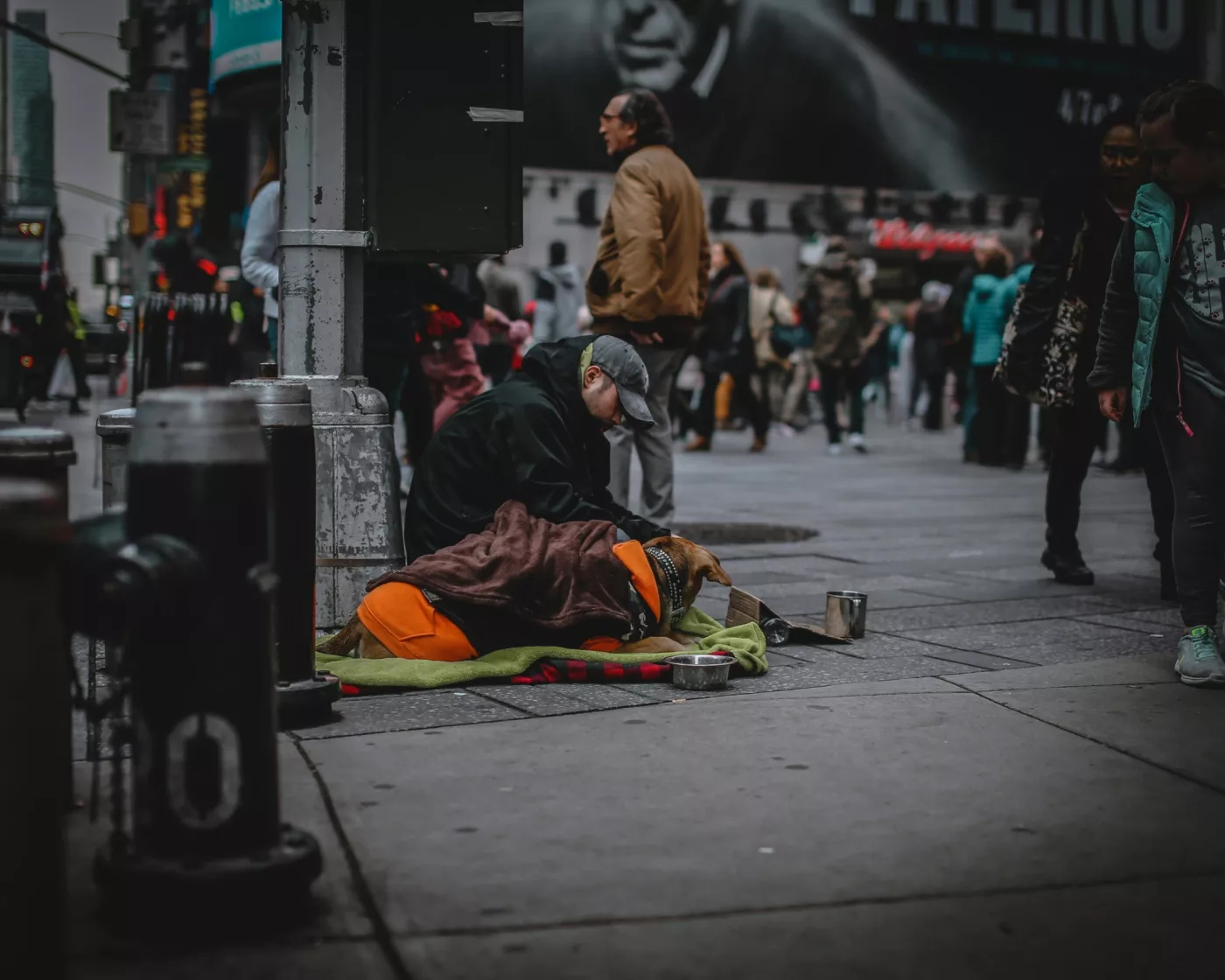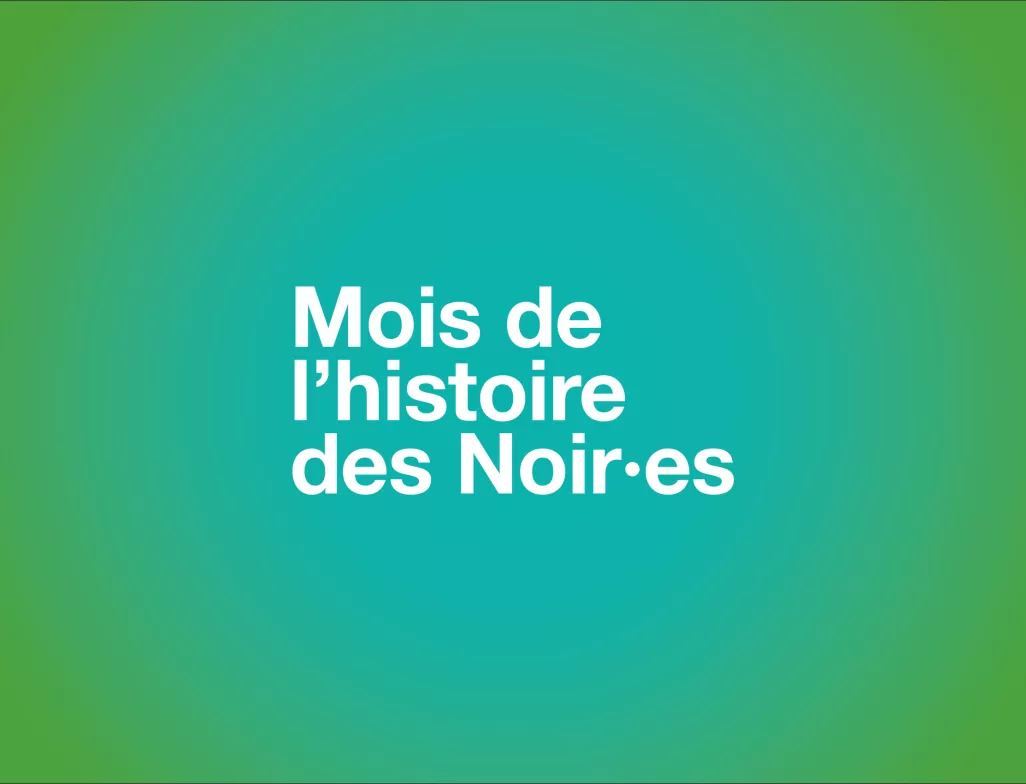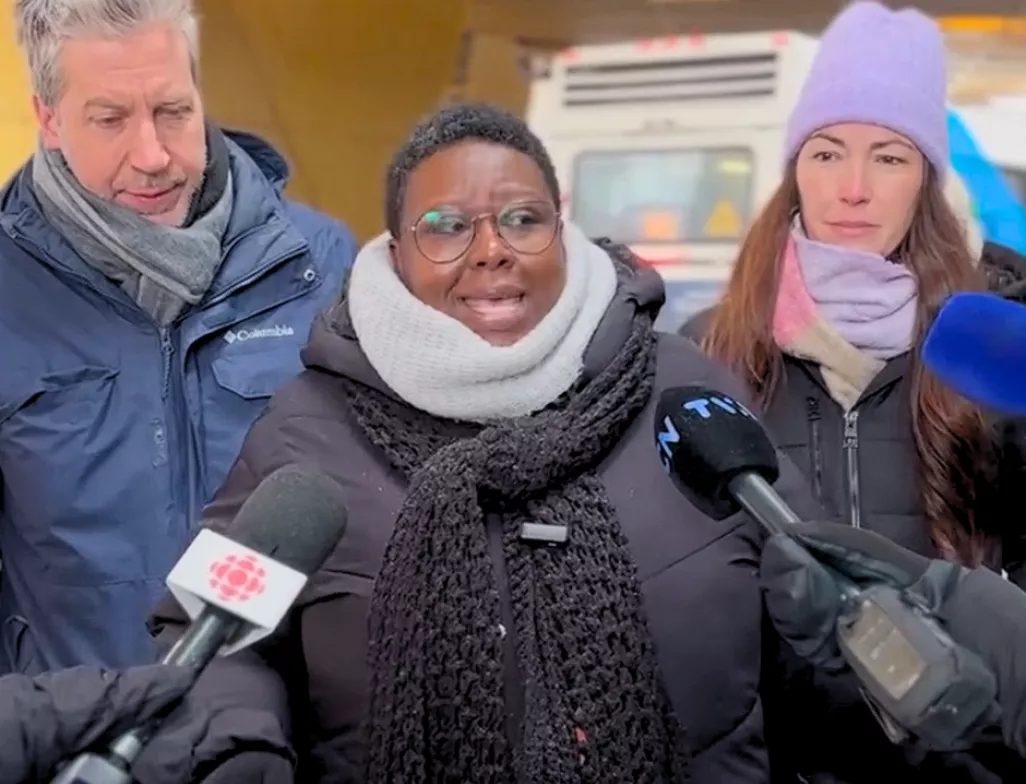As the summer season approaches, the City of Montreal is investing in a series of initiatives to facilitate social cohabitation in the city's neighborhoods. Determined to support the community organizations behind these projects, Montreal is increasing the budget for the Itinérance et milieux inclusifs (PIMI) program to around $8 million per year. By 2028, the city will have disbursed $22.7 million under this program.
The aim of this project is to deploy actions in the fields of homelessness and social cohabitation to help make living environments more inclusive, harmonious and safe for all. Organizations wishing to submit a project have until June 19, 2025 to do so. Full details of the 2nd call for projects can be found here.
Montreal has also signed financial agreements with a number of organizations to enable the implementation of projects to help divert homeless people from the criminal justice system and reintegrate them into society and the workplace:
- 520,000 to Clinique Droits Devant
- 296,236 to En Marge
In addition, a number of projects for people experiencing or at risk of homelessness have been extended until December 31, 2025:
- 203,613 to Accueil Bonneau
- 87,561 to Action-Réinsertion
- 117,845 to Mission St-Michael
It should be noted that part of these sums comes from the $1,500,000 investment granted by the Ministère de l'Emploi et de la Solidarité sociale (MESS) to the City of Montreal, through the Fonds québécois d'initiatives sociales (FQIS). The purpose of this fund is to provide financial support for projects, actions and initiatives aimed at achieving the goals of the national strategy to combat poverty and social exclusion.
Follow-up to the recommendations of the ad hoc committee's report
The need to develop projects to improve social cohabitation follows on from the possible solutions identified in the report, submitted this winter, by the ad hoc committee on the issues and needs of people who do not have access to accommodation or housing.
The city is currently implementing some of the report's recommendations. To this end, an intervention mechanism for vulnerable people at Square Cabot is currently being developed. The implementation of the modular housing and support project, as well as the expansion of the services offered by the Équipe mobile en médiation et intervention sociale (ÉMMIS) to the 19 boroughs of the metropolis, are also part of the city's response to the report's recommendations.
Finally, in line with the report's recommendations, the Ville de Montréal is putting in place guidelines for encampments and dismantling, based on a gradual approach to intervention, in collaboration with partners.
These principles aim to support people, assess the dangerousness of occupying a public space, avoid the impact of dismantling and supervise when necessary.
“Homelessness has intensified throughout Quebec, and requires the deployment of much greater resources in health, social services and social housing. Community organizations are struggling to provide services that are increasingly in demand. The increase in our financial support is aimed at better supporting the community milieu and strengthening cohabitation efforts in neighborhoods, but more resources from all levels of government are still needed to reduce the root causes of this humanitarian crisis at source,” emphasized Valérie Plante, Mayor of Montreal.
“It is essential to encourage the deployment of creative solutions that are needed to overcome the social challenge posed by homelessness. We are committed to speaking on behalf of community organizations and Montrealers to ensure that the necessary support is provided to offer adequate services and improve social cohabitation. To achieve this, we are reaffirming our willingness to work closely with our partners,” explained Robert Beaudry, who is responsible for homelessness on the Ville de Montréal executive committee.
SOURCE City of Montreal - Office of the Mayor and Executive Committee



